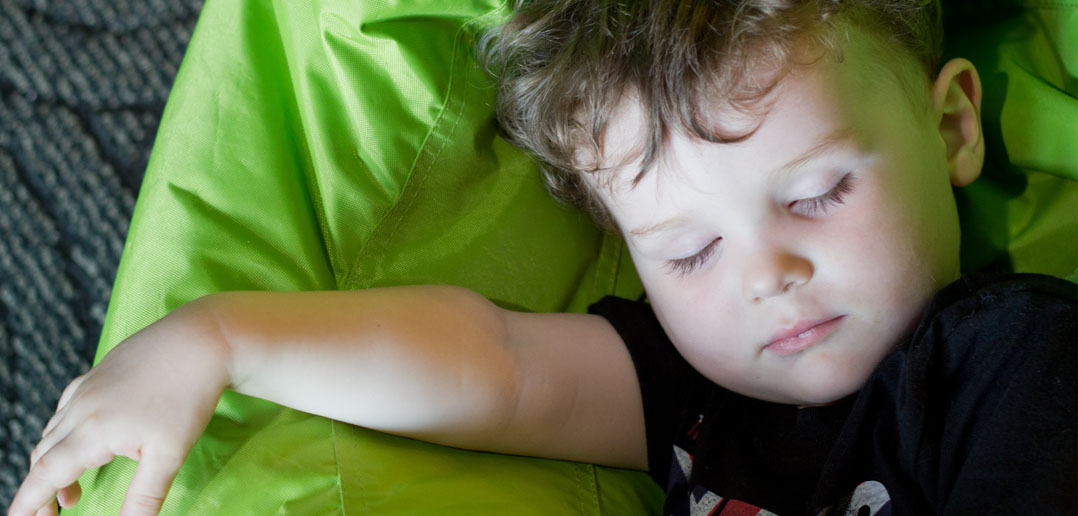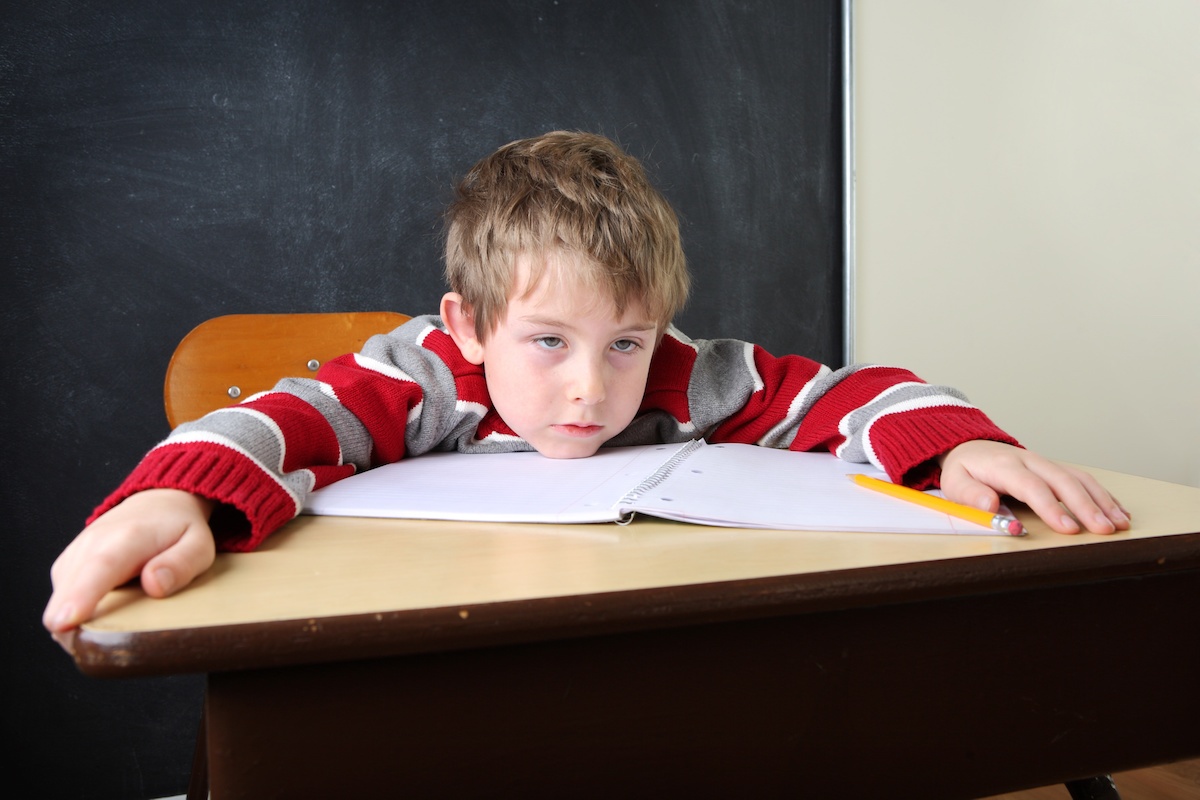70 of children diagnosed with adhd experience severe sleeping problems

70% of Children Diagnosed with ADHD Experience Severe Sleeping Problems

Attention-Deficit/Hyperactivity Disorder (ADHD) is a neurodevelopmental condition that affects both children and adults. ADHD is characterized by symptoms such as inattentiveness, hyperactivity, and impulsivity, which can significantly disrupt daily life. While the exact cause of ADHD remains unknown, research indicates that about 70% of children diagnosed with ADHD experience severe sleeping problems.
Sleep plays a vital role in brain development, cognitive function, emotional regulation, and overall well-being, making it even more crucial for individuals with ADHD. Sleep disturbances can exacerbate ADHD symptoms, leading to increased difficulties in concentration, mood regulation, and behavior control.
Several factors contribute to the high prevalence of sleeping problems in children with ADHD. One major factor is the inherent difficulty these children have in self-regulating their behaviors and emotions. ADHD often leads to hyperactivity, which can make it challenging for children to wind down and prepare for sleep. Additionally, children with ADHD may struggle to quiet their minds, leading to racing thoughts and difficulty falling asleep.

Furthermore, co-existing conditions such as anxiety and depression commonly occur alongside ADHD. These conditions further increase the likelihood of disrupted sleep patterns. Anxiety can make it difficult for children to relax and calm their minds before bedtime, while depression can cause excessive sleepiness or insomnia.
Sleep deprivation in children with ADHD can have significant consequences. It can lead to decreased cognitive performance, impaired memory consolidation, and reduced attention span. Sleep deprivation also affects mood regulation, increasing irritability, impulsivity, and difficulty in emotional self-regulation.
To address these challenges, establishing healthy sleep habits is vital for children diagnosed with ADHD. A consistent bedtime routine can help signal to the brain that it’s time to wind down. This routine can include activities such as reading a book, taking a warm bath, or practicing relaxation exercises. It is also important to maintain a calm and quiet sleep environment, free from distractions such as screens, noise, and excessive light.
In addition, regular exercise can promote better sleep quality for children with ADHD. Physical activities help release excess energy, improve mood, and regulate the body’s internal clock. However, it is crucial to ensure that exercise occurs earlier in the day to avoid overstimulation close to bedtime.
Seeking professional help is essential for children with ADHD and severe sleeping problems. Pediatricians, sleep specialists, and ADHD experts can provide guidance on managing sleep disturbances, such as prescribing medication or recommending behavioral interventions. These interventions may include strategies for improving sleep hygiene, addressing anxiety and depression, and implementing structured schedules.
By addressing the sleep problems associated with ADHD, children can experience improved cognitive functioning, better emotional regulation, and enhanced overall well-being. It is crucial for parents, caregivers, and healthcare professionals to work collaboratively in creating an environment that supports healthy sleep habits for children with ADHD.
For more information on sleep and its importance, you can refer to the National Sleep Foundation’s website.
Note: The images used in this article are for illustrative purposes only and do not represent specific individuals with ADHD.
Tags
Share
Related Posts
Quick Links
Legal Stuff

